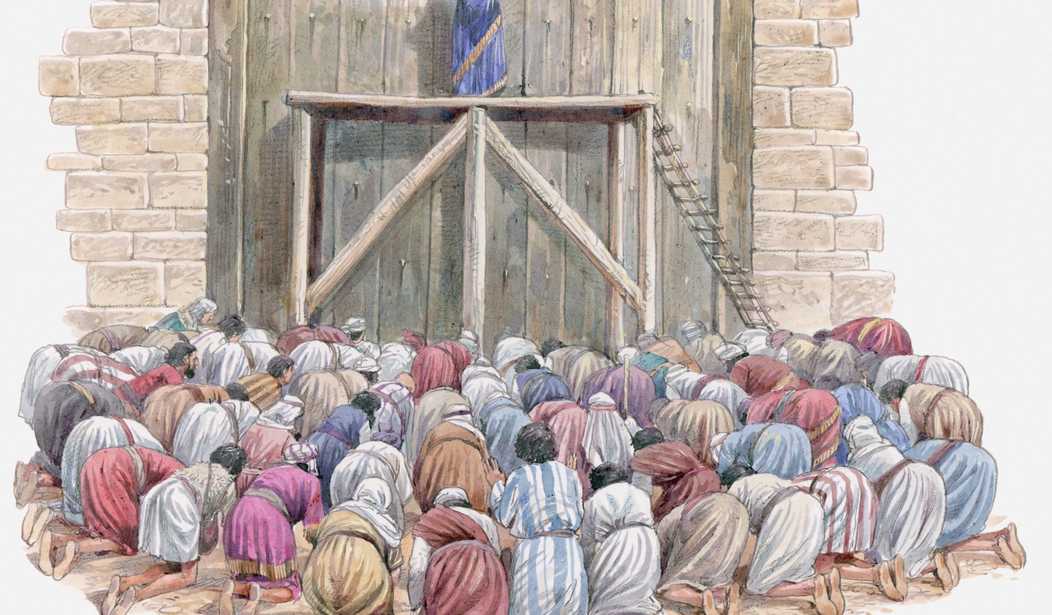WASHINGTON – Rep. Erik Paulsen (R-Minn.) has reintroduced legislation that would allow a greater number of foreign-born PhD holders in science, technology, engineering and math (STEM) fields to remain in the United States.
The legislation would exempt academics who hold doctorates from American schools from cap limits for employment-based green cards and H-1B visas distributed annually. Paulsen believes the legislation would help the U.S. retain talent and spur innovation, while opponents say the congressman is encouraging access to cheap labor and further abuses within the H-1B visa program.
“Our current immigration system is broken. It’s hurting our economy, and it’s locking out the next generation of innovators,” Paulsen said in an interview with PJM on Wednesday. “A lot of folks are still coming to the United States to be trained here, educated here, at our universities, and that trend in a flatter world is going to start to go away if we don’t address these types of issues.”
He said he has seen first-hand that employers in Minnesota are having difficulty finding workers to fill advanced-degree positions.
John Miano, an immigration policy fellow at the Center for Immigration Studies, offered an opposing view in an interview Wednesday. He argued that H-1B visa holders are not skilled workers; in fact, they are on the lower end, he said, speaking from first-hand experience collaborating with immigrants as a lawyer at Lexus Nexus. He described H-1B visa holders as “absolutely incompetent.”
Miano said the congressman is trying to carve out even more exceptions to a visa program that the Trump administration has proposed eliminating. He argued that further H-1B increases allow corporations to access cheap labor, while also forcing American workers out of jobs and depressing wages. Additionally, Americans would be squeezed out of PhD programs, he argued.
“So what Mr. Paulsen is saying is let’s bring more cheap foreign labor in,” Miano said.
Lauren Cohen – an attorney, corporate consultant and immigration expert who has held an H-1B visa – supports the legislation. A native of Toronto, Canada, Cohen is the founder of e-Council Inc., an immigration services business. She argued that H1-B visa holders are sophisticated, well-educated workers, who will contribute to society.
“I think that anyone that can be exempt from the cap in H-1B that’s going to contribute to our society is definitely going to be a positive,” she said. “I think that the caps are ridiculous, to be honest with you, and I think that it precludes us from bringing very qualified people that are going to contribute to our society in various ways, the cap prevents that.”
Since April, the U.S. has fielded 233,000 applications for H-1B visas, but awards are capped at 65,000. Paulsen, in his statement on the legislation’s introduction, argued that “H-1B visas correspond with an increase in jobs for native citizens.” He cited a 2011 American Enterprise Institute study that found an increase in 100 foreign STEM doctorate holders equates to as many as 250 jobs for Americans. Paulsen reintroduced the legislation with Rep. Mike Quigley (D-Ill.).
“If we are serious about fostering innovation, spurring economic activity, and staying competitive in the global marketplace, we must encourage the brightest minds in the world to study, work, and stay in our communities,” Quigley said in a statement. “We cannot advance our technology or research if we continue sending foreign-born, but U.S. educated, students with advanced degrees away.”








Join the conversation as a VIP Member